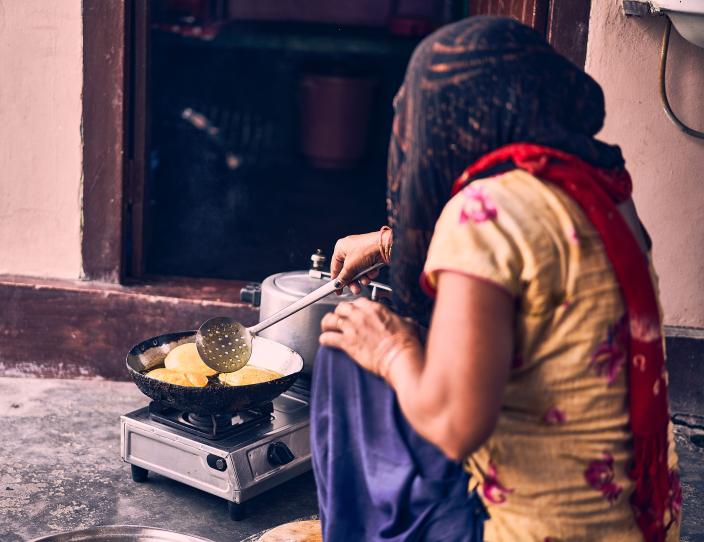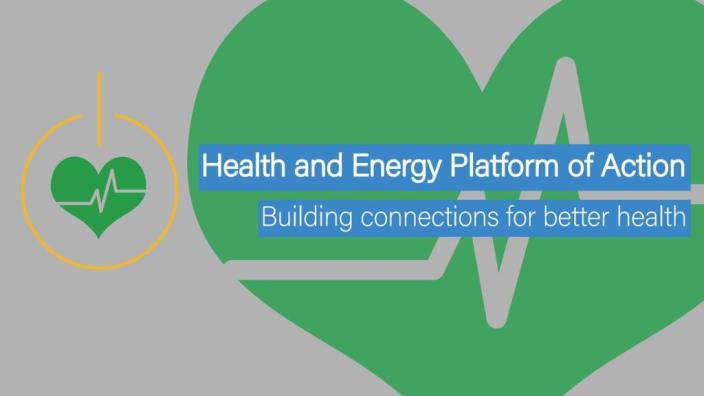Diplomacy and Partnerships
Our mission is to raise ambition and prioritize clean cooking worldwide. We stand firmly beside countries, providing support to enhance their determination and commitment towards adopting clean cooking solutions.
Through our efforts, we position ourselves as advocates, leading the charge in setting the agenda for clean cooking on a global scale. By establishing strategic action-oriented partnerships, we drive an accelerated transition towards clean cooking, including the adoption of eCooking technologies.
Our approach goes beyond mere collaboration; we convene partners globally, regionally, and at the country level to spotlight actionable opportunities.
UN Energy Compacts
Ensuring universal access to clean energy is critical for achieving both global climate objectives and sustainable development targets. Shockingly, 2.4 billion individuals, approximately one-third of the global population, still lack access to clean cooking solutions, resulting in substantial environmental and economic damages and causing up to 4 million premature deaths annually. The funding and investment levels in the clean cooking sector have not matched the scale of this global challenge.
Time is running out, and we must prioritize the expansion of access to clean cooking solutions on the global and national stages while drastically scaling up public and private financing.
Energy Compacts are voluntary and trackable commitments of action, with specific targets and timelines to drive progress on achieving SDG7 by 2030. They are a key vehicle for translating the global roadmap for SDG7 into concrete actions and partnerships. Open to Member States, regional/local governments, and private sector companies, there are several clean cooking focused compacts with ambitious commitments. Many countries and organizations have joint commitments.
Partnerships

The MECS program has extensively studied the socio-economic landscape of shifting from harmful fuels to an array of modern options. While various clean energy sources were examined, the evidence strongly highlights the practicality, economic value, and user satisfaction that energy-efficient electric cooking devices offer.
MECS and SEforALL are jointly formulating strategies to incorporate eCooking (cooking with electricity) into a comprehensive energy planning framework.
A joint effort between SEforALL and the World Food Programme (WFP) to support the Government of Tanzania’s goal to deliver clean cooking solutions. It focuses on implementing clean cooking solutions specifically within schools, which are often the agents of change for broader communities.
By bringing clean cooking to schools, educators and children will reap the benefits of transitioning away from cooking fuels like charcoal and firewood, which are hazardous to people and the environment.
A unique mentorship programme designed specifically for women in the clean cooking sector. In collaboration with Sustainable Energy for All (SEforALL), the Clean Cooking Alliance (CCA), and the Global Women's Network for the Energy Transition (GWNET), our commitment to fostering the growth and career advancement of women in clean cooking, contributing to a more inclusive and sustainable future for all.

The Health and Energy Platform of Action (HEPA) is an initiative developed by the World Health Organization (WHO) to address the relationship between health and energy. It seeks to promote the integration of health considerations into energy policies and programmes, recognizing that access to clean and sustainable energy is crucial for improving public health.